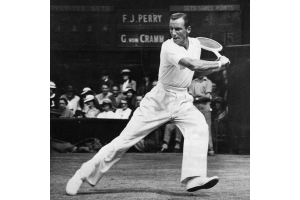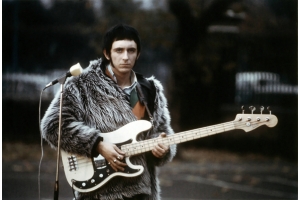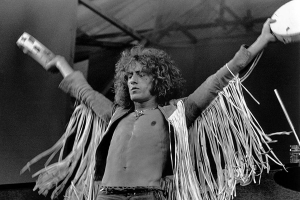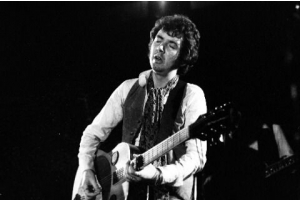The Who: The Rock Band Who ‘Piggy Backed’ on to the British Mod Youth Subculture Movement
November 05, 2023
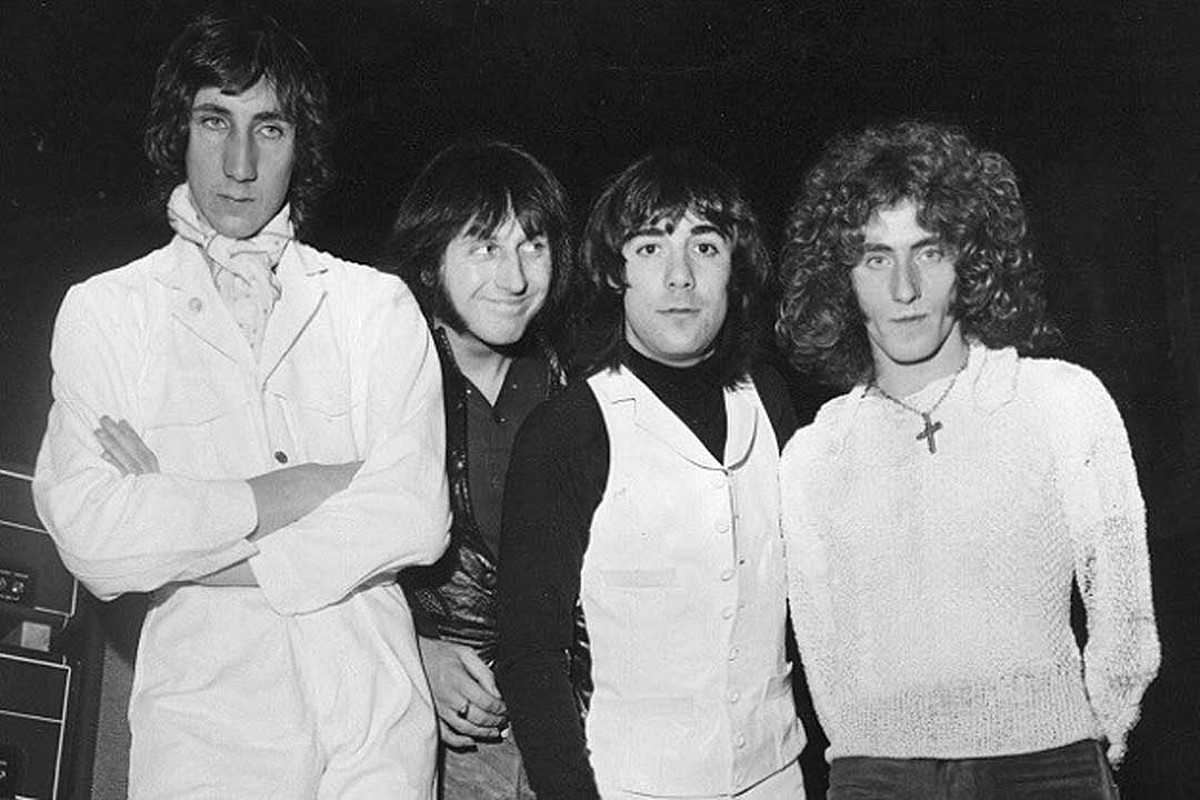
Introduction
In the late 1950s, a musical revolution was brewing on the streets of Soho, London. The British Mod youth subculture was emerging as a powerful and influential movement, characterized by its distinctive fashion, attitude, and love of jazz and R&B music. The initial few years are what could be termed ‘the true mods, the real modernists’. Ultimately, the mod youth subculture grew to such extent that the real mods, much to their peril, saw their movement hijacked and become mainstream. The Who played a big part in commercialising the mod scene; a youth subculture movement of which, in the early days, they had little in common. The Who’s music was more rock, although the R&B influences can be heard which had little resemblance to the music adopted by early modernists. It is of no doubt that The Who aligned themselves with the mod scene due to its rapid growth and ultimately for their own popularity and commercial success. However, there can be no doubt to the Who’s musical brilliance and the impact they had on the mod scene during the mid-sixties whilst the movement was at its commercial pinnacle. Over time, The Who’s music and their dress sense altered to align themselves with the mod scene. Influence from the Small Faces, who Pete Townshend described as real mods, is a key factor to the changes here. During the mid-1960s, and at the peak of the mainstream cultural phenomenon stood one of the most iconic rock bands in history, The Who. This blog will explore the deep-rooted connection between The Who and the British Mod subculture, delving into how the band's music, style, and ethos resonated with and helped define this rebellious youth movement.
A Brief Overview of the Mod Subculture
Before diving into The Who's association with the Mod subculture, let's first understand what the Mod movement was all about. The Mods were a group of young people in London during the late 1950s who shared a passion for fashion, scooters, and rhythm and blues music. Their fashion sense was characterized by sharp, tailored suits, parkas, and bold accessories. They were known for their scooters, which were often highly customized, and their love for soulful and energetic music.
The Mods were, in many ways, a reaction to the previous Teddy Boy subculture, which was marked by its association with rock and roll and a more rebellious attitude. The Mods, on the other hand, represented a more sophisticated and urban sensibility, emphasizing style and music as their primary forms of self-expression.
The Who: A Band on the Rise
The Who, originally formed in 1962, and went by the name of The Detours. It is from 1964 that we get the familiar line up of Roger Daltrey (vocals), Pete Townshend (guitar), John Entwistle (bass), and Keith Moon (drums). They burst onto the scene with their high-energy performances and a unique blend of rock, rhythm and blues, and a touch of rebellion. Their energetic and rebellious nature aligned perfectly with the youth because it was a complete change from the drab and mundane existence of previous generations.
The Who's Music and the Mod Subculture
- R&B Influences: The Who's music was influenced by rhythm and blues (R&B), a genre that resonated with the Mods. Tracks like "My Generation" and "The Kids Are Alright" incorporated R&B elements, and their passionate delivery made them anthems for the youth of the time.
- Youthful Rebellion: The mod scene evolved with The Who and vice versa. The Who’s music captured the feelings of frustration and rebellion that were prevalent among the youth. "My Generation," in particular, became an anthem for the generational divide and the frustrations of young people. The line "Hope I die before I get old" became a rallying cry for youthful defiance. This rebellious aspect of the Who was key to mods accepting The Who has their very own, and ultimately for the movement evolving.
- Energetic Live Performances: The Who was known for their electrifying live performances. They smashed guitars, exploded drum kits, and created an aura of chaos on stage, mirroring the rebellious spirit of the Mods. Their stage presence was legendary and inspired the kind of frenetic energy that the Mods sought.
The Who's Style and the Mod Look
- Sharp Dressing: The Mod subculture was all about dressing sharply, and The Who embraced this aspect of the movement. Band members were often seen in tailored suits, clean-cut hairstyles, and accessories that embodied the Mod look. This attention to style endeared them to Mod fans.
- The Union Jack: The iconic use of the Union Jack flag as part of their stage and fashion statement further cemented The Who's association with British identity. This was in line with the Mod subculture's celebration of British heritage.
- Parkas: The parka, a key element of Mod fashion, was also adopted by The Who. It became a signature look for their fans and added to their alignment with the Mod style.
The Who and the Mod Subculture's Impact
The connection between The Who and the Mod subculture was not just superficial; it had a profound impact on both the band and the movement itself.
- Influence on Mod Bands: The Who served as a blueprint for many bands that followed, both within and outside the Mod subculture. Their combination of energetic live performances, sharp fashion, and R&B-infused rock left an indelible mark on the music scene.
- Shaping the Movement: The Who, through their music and style, helped define and shape the Mod subculture. They provided a musical backdrop and a sense of identity for the Mods, influencing their tastes, values, and attitudes.
- Enduring Legacy: The Who's association with the Mod subculture is still celebrated today. Their music remains timeless, and their influence can be seen in subsequent generations of rock bands.
Conclusion
The Who and the British Mod youth subculture movement shared a symbiotic relationship. The band's music, style, and attitude mirrored the spirit of the Mods, making them an integral part of this iconic cultural phenomenon. The Who's impact on the Mod subculture extended beyond their era, leaving an indelible mark on music, fashion, and youth culture for generations to come. This unique synergy between a rock band and a youth subculture is a testament to the power of music and the cultural transformations it can inspire.


